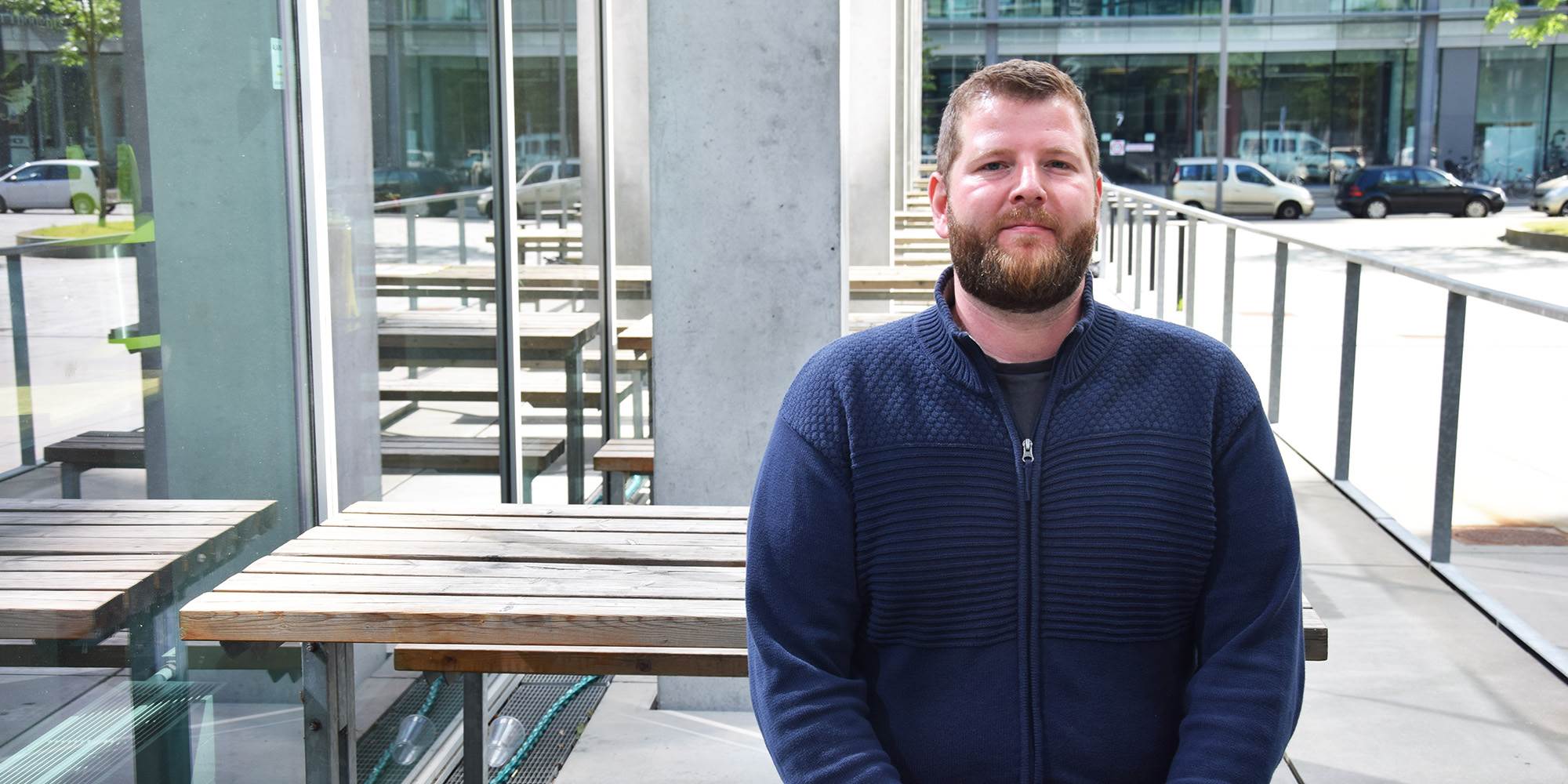Can AI prevent relapse among drug addicts?
In his thesis project, ITU student Christopher Bjerre developed a software tool for use in addiction treatment. Using a combination of machine learning algorithms, the tool can predict relapse with great accuracy and thus help rehabilitation staff to prevent it from happening.
Computer Science DepartmentEducationalgorithmsartificial intelligencehealthITU thesis
Written 16 August, 2017 11:45 by Vibeke Arildsen
There are many pitfalls for alcohol and drug addicts enrolled in rehabilitation programmes. A cold beer can seem irresistible on a summer day. Old friends may tempt with a wild night out on the town.
In his thesis project at Software Development at the IT University of Copenhagen, Christopher Bjerre decided to construct a tool that can predict the risk of relapse using data about a drug addict's history. Through a collaboration with the developer behind the medical record system Validi, he gained access to anonymized patient data from a Danish rehab centre.
"Research shows that the longer a client is in treatment, the more likely they are to stay clean. So my goal was to create a tool that helps rehab staff to notice patients at risk of relapse, thus helping the patients to stay drug free," Christopher says.
 Christopher was determined to use his software skills to make a positive difference for substance abusers.He was determined to use his software development skills to make a difference for addicts for deeply personal reasons.
Christopher was determined to use his software skills to make a positive difference for substance abusers.He was determined to use his software development skills to make a difference for addicts for deeply personal reasons.
“In my early twenties, I saw from close quarters what substance abuse can do. This was why I was motivated to use my knowledge of software combined with my own experiences related to addiction to make a positive difference for addicts," he says.
Finding relevant data
Christopher started by investigating research on which factors, or ‘predictors’, are most decisive for the risk of relapse among addicts. His own experiences with addiction treatment supplemented the reading.
He then examined what data was available in the medical record system. Emotional factors play a big role, but are to collect data about. However, the system contained information about gender, age, zip code, drug or alcohol use and contact with healthcare professionals – all of which affect the likelihood of relapse.
"For example, a heroin addict must take methadone twice a day at certain times. If a patient starts taking the medicine outside this time frame or stops taking it altogether, this is a strong indication that something is going wrong and that the person is at risk of dropping out of the treatment programme," explains Christopher.
Machine learning used to predict relapse
Upon identifying the factors most relevant for the risk of relapse, Christopher collected and purified the data from the medical record system.
He then tested different machine learning algorithms to predict whether an addict would drop out of treatment after a fortuitous period. The choice fell on a method called ‘decision tree learning’, which in tests predicted whether a person risked relapse or not with an accuracy of 89 percent.
An accuracy of 89 percent is a good result. If the method can predict whether an addict will stay in treatment in 9 out of 10 cases, this has great practical value.
Rune Møller Jensen, Associate Professor at ITU
The results impress Christopher’s thesis supervisor, Associate Professor Rune Møller Jensen:
"An accuracy of 89 percent is a good result. If the method can predict whether an addict will stay in treatment in 9 out of 10 cases, this has great practical value. I’m also pleased that Christopher's work meets ITU's goal of allowing students to apply their previous experiences and unique domain knowledge in their studies. Finally, it’s nice to see artificial intelligence being used for good in circumstances where young people's lives are at stake."
Implementation in medical record systems
Although the thesis project has been successfully completed and Christopher now holds an MSc in Software Development, he will continue work on the prediction tool. The developer behind the medical record system Validi has asked him to implement the tool in the system to see if it can help clinicians.
The system can gather a huge amount of data and find patterns that a human might never have discovered, and thus be a valuable aid to clinicians.
Christopher Bjerre, MSc in Software Development
However, Christopher emphasizes that software will always merely be a supplement to the existing treatment in rehab programmes.
"The clinicians know the patients and have extensive experience with addiction that a computer will never be able to replace. However, the system can gather a huge amount of data and find patterns that a human might never have discovered, and thus be a valuable aid to clinicians," he finishes.
Vibeke Arildsen, Press Officer, phone 2555 0447, email viar@itu.dk